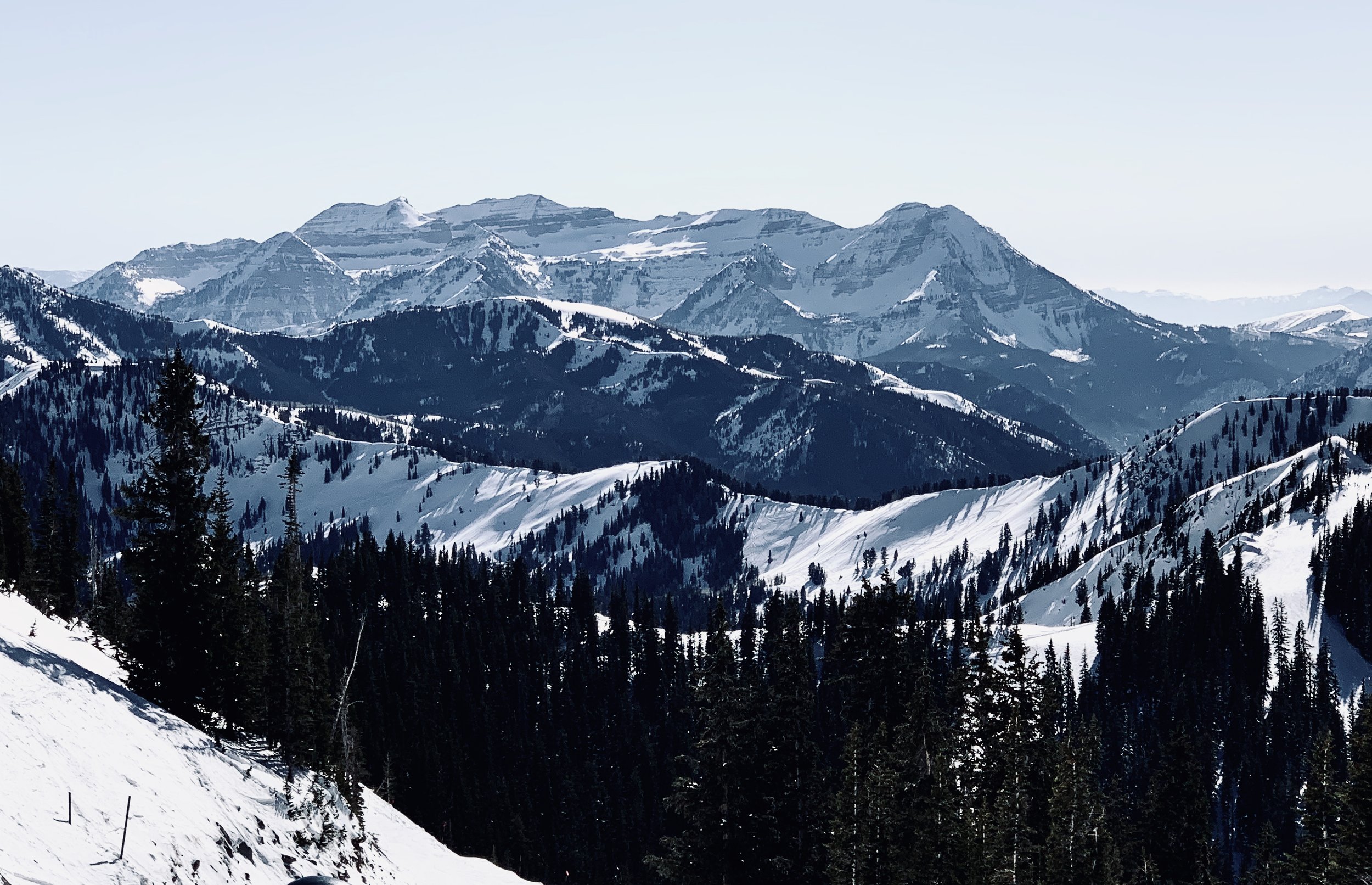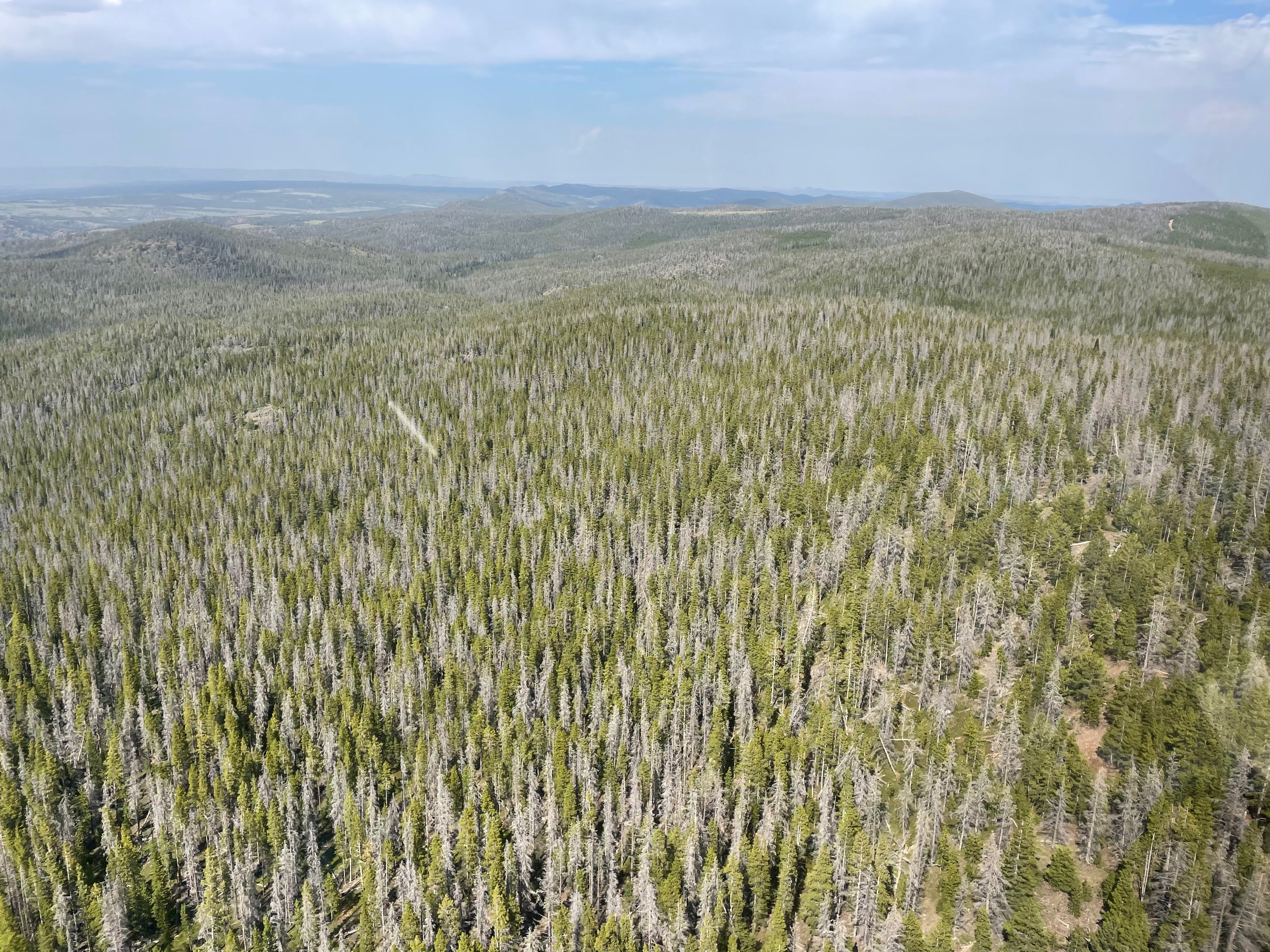Climate Adaptation Strategies
Summary
Changes in the climate have increased the magnitude of forest disturbances throughout the west. Our work focuses on creating resilient watersheds that can recover faster following wildfires, drought, insect epidemics, and flooding. Our analysis identifies elements of watersheds that are most at risk from changes in climate and targets actions that work with ecological processes to reduce those hazards.
Project Actions
Identification of watersheds and functions that are most at risk from our changing climate
Prioritization of small watersheds across large landscapes
Identification of actions to address climate adaptation
Benefits
Actions are identified that can increase climate adaptation
Priority small watersheds are identified across large landscapes
Process is easily understood and can be broadly supported by stakeholders and communities
Related Projects
Salt Lake City Watershed Management Plan
One of the fastest growing cities in the United States, with a large and highly-impacted watershed, Salt Lake City and the surrounding ecosystems are important to protect. This project updates and expands Salt Lake City’s existing Watershed Management Plan, incorporating new threats and vulnerabilities to Salt Lake City’s current and potential future surface water supplies, some within protected watersheds.
Colorado Springs Utilities & US Forest Service Partnership
This partnership has the goal of reducing the impacts of wildfires on water supply watersheds. The partnership is currently revising its 5-Year Plan that identifies priorities for forest management treatments throughout CSU's large water supply watershed areas.
Upper Gunnison Watershed Hazard Assessment
This assessment identifies, prioritizes, and recommends measures to protect 6th-level watersheds that provide or convey critical community water supplies from the adverse effects of climate change, in addition to post-wildfire hydrologic changes, including flooding, erosion, debris flows, and deposition.
Bark Beetle Incident Watershed Assessment
JWA completed 15 Phase 1 Watershed Assessments for the USDA Forest Service's Bark Beetle Incident (BBI) team in the Rocky Mountain Region including the Medicine Bow/Routt, Arapahoe/Roosevelt and portions of the White River National Forests in Colorado and Wyoming.




